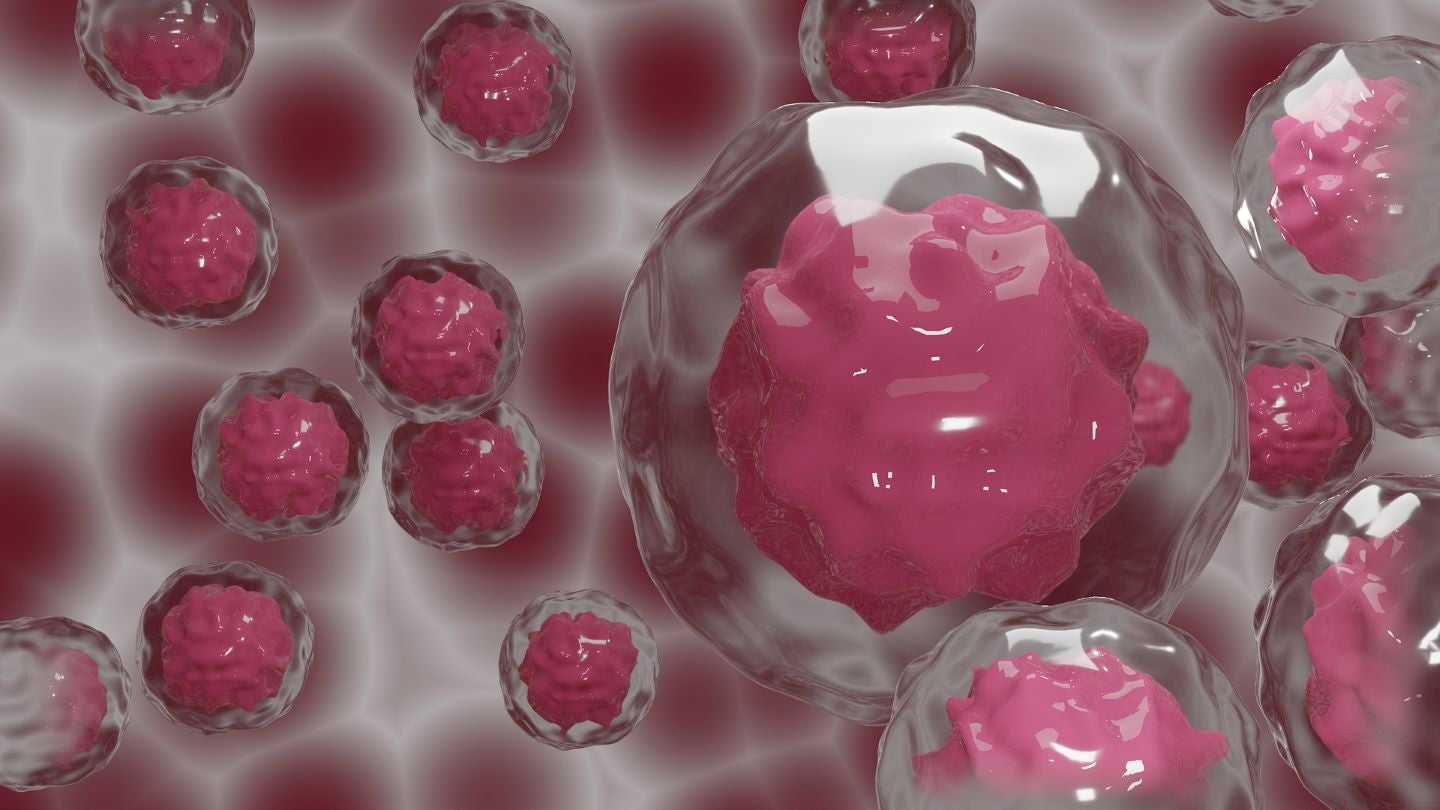Heart Transplant Rejection drugs in development, 2023
The Heart Transplant Rejection drugs in development market research report provides comprehensive information on the therapeutics under development for Heart Transplant Rejection, complete with analysis by stage of development, drug target, mechanism of action (MoA), route of administration (RoA), and molecule type. GlobalData’s report assesses key aspects of the companies and drugs in development for Heart Transplant Rejection. Buy the report here.The report also covers the descriptive pharmacological action of the therapeutics and the latest news and press releases. Additionally, the report provides an overview of the key players involved in therapeutic development for Heart Transplant Rejection and features dormant and discontinued products.GlobalData tracks eight drugs in development for Heart Transplant Rejection by seven companies/universities/institutes. The top development phase for Heart Transplant Rejection is preclinical with five drugs in that stage. The Heart Transplant Rejection pipeline has six drugs in development by companies and two by universities/ institutes. Some of the companies in the Heart Transplant Rejection pipeline products market are: Astellas Pharma, Johns Hopkins University and Bristol-Myers Squibb.The key targets in the Heart Transplant Rejection pipeline products market include Janus Kinase (JAK or EC 2.7.10.2), Acid Sensing Ion Channel 1 (Amiloride Sensitive Cation Channel 2 Neuronal or Brain Sodium Channel 2 or ASIC1), and CD40 Ligand (T Cell Antigen Gp39 or TNF Related Activation Protein or Tumor Necrosis Factor Ligand Superfamily Member 5 or CD154 or CD40LG).The key mechanisms of action in the Heart Transplant Rejection pipeline product include Janus Kinase (JAK or EC 2.7.10.2) Inhibitor with two drugs in Preclinical. The Heart Transplant Rejection pipeline products include two routes of administration with the top ROA being Intravenous and five key molecule types in the Heart Transplant Rejection pipeline products market including Small Molecule, and Monoclonal Antibody.Heart Transplant Rejection overviewHeart transplantation is the therapy used to treat various heart diseases by replacing an injured or diseased heart with a healthy one. Risk factors associated with transplantation are bleeding, infection, clots, and cardiovascular disorders. Following a transplantation, the immune system may consider the transplanted heart as foreign and may work against it. Patients may hence develop complications and eventually reject the new organ. Immunosuppressive drugs are administered simultaneously that prevent the body from either identifying or attacking the foreign organ via various immune responses, thus blocking organ rejection and facilitating a successful transplant.For a complete picture of Heart Transplant Rejection's pipeline drug market, buy the report here.
What's Your Reaction?

































